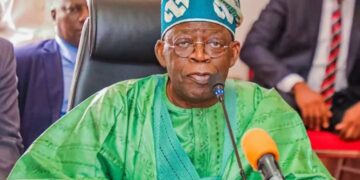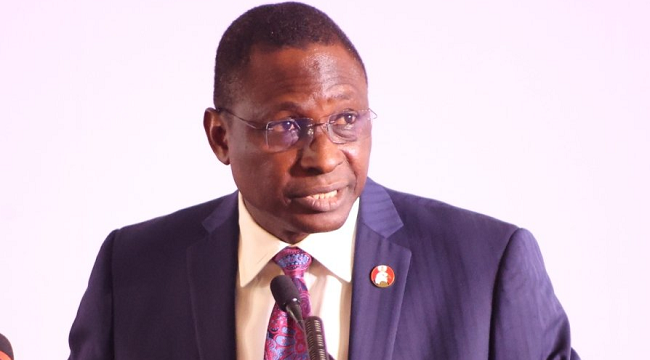The Executive Chairman of the Economic and Financial Crimes Commission (EFCC), Ola Olukoyede, has issued a stern warning to Bureau De Change operators and other business stakeholders, cautioning them against engaging in illegal cash smuggling.
Olukoyede delivered this message during a joint sensitization program organized by the Nigeria Customs Service (NCS), the Independent Corrupt Practices and Other Related Offences Commission (ICPC), and the EFCC. The event aimed to educate participants on the legal procedures for moving cash across Nigeria’s borders.
Represented by Ibrahim Shazali, the Kano Zonal Director of the EFCC, Olukoyede emphasized the serious consequences of violating Nigeria’s financial regulations.
He said that illicit cash movement undermines economic stability and fuels crimes such as money laundering, terrorism financing, and corruption.
Olukoyede also outlined the legal frameworks governing cash movements, including the EFCC Act (2004), Money Laundering ( Prevention and Prohibition Act) 2022 and Central Bank of Nigeria guidelines.
He reiterated that individuals transporting cash exceeding $10,000 (or its equivalent) must declare it to the Nigeria Customs Service, as failure to do so constitutes a criminal offense.
“Nigeria, as a signatory to international anti-money laundering conventions, has established strict laws to regulate the movement of cash in and out of the country. The Central Bank of Nigeria (CBN) Act, Money Laundering (Prevention and Prohibition) Act 2022, and the EFCC Establishment Act provide clear guidelines on cash declarations and penalties for violations”.
“Despite these laws, many travelers, whether businessmen, pilgrims, or tourists, still engage in illegal cash movements, either out of ignorance or deliberate attempts to evade financial regulations. Today, we will clarify the legal requirements, reporting obligations, and consequences of non-compliance”.
“The consequences of illegal cash trafficking are grave—ranging from imprisonment, hefty fines, to forfeiture of assets. The EFCC, in collaboration with sister agencies, remains resolute in prosecuting offenders and safeguarding the integrity of Nigeria’s financial system,” he said.
The EFCC’s boss called on all stakeholders for their support and collective vigilance against illicit financial flows in Nigeria.
“We urge all stakeholders to prioritise national interest over personal gain. Compliance is not optional; it is a legal and patriotic obligation. Together, we can curb illicit financial flows and promote economic security,” he said.
Section 3(3) of the Money Laundering (Prevention and Prohibition) Act declares cash transportation above $10,000 (or equivalent) without declaration illegal and Section 18 of the same Act mandates BDCs to report suspicious transactions to the NFIU (Nigeria Financial Intelligence Unit).









































Discussion about this post